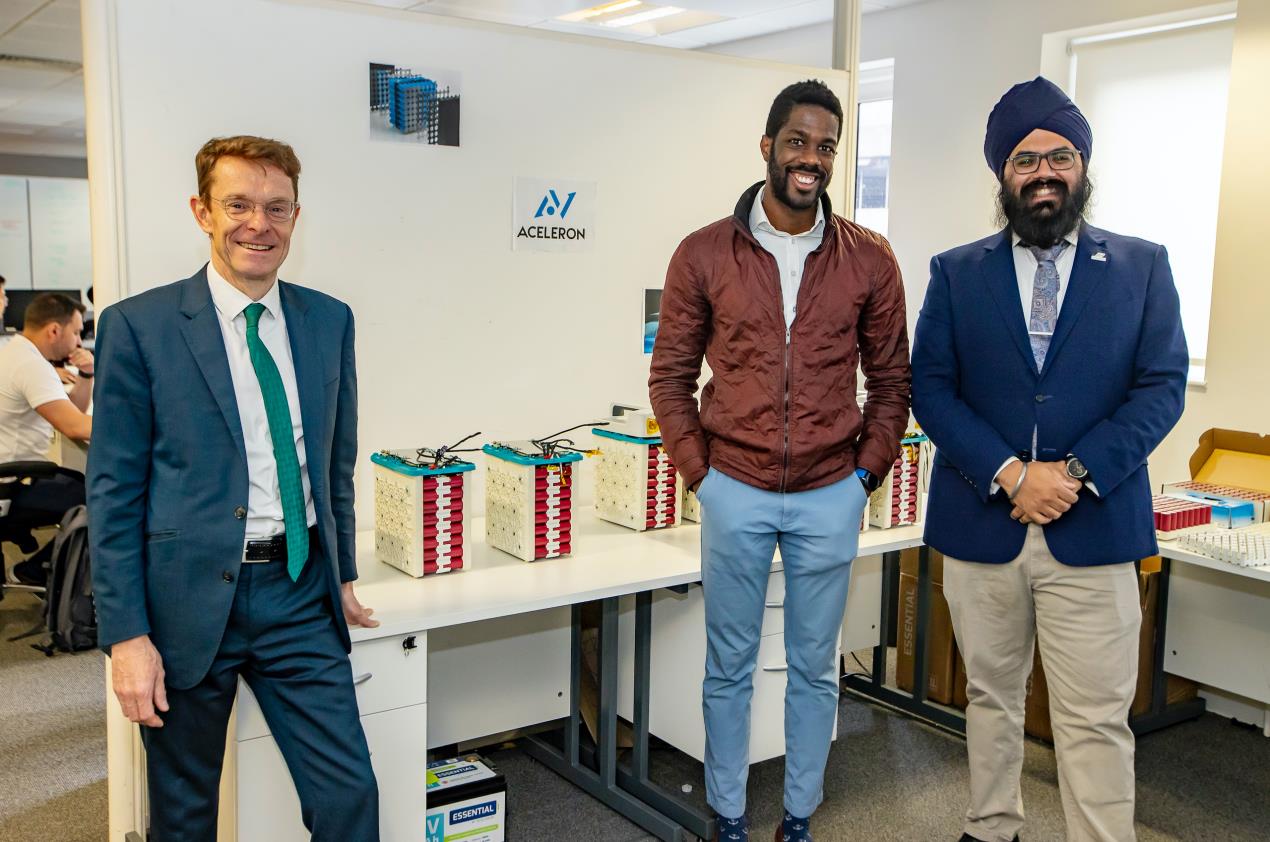New study reveals half of employers expect more flexible working requests from staff after the pandemic is over
A new survey from Acas has found that half of employers in Great Britain expect an increase in demand for flexible forms of working from employees after the country comes out of the Coronavirus (COVID-19) pandemic.
Acas commissioned YouGov to ask British businesses about changes to working practices that they are expecting once the COVID-19 pandemic is over compared to before the pandemic. The poll found that:
· Over half of employers (55%) expect an increase in staff working from home or remotely part of the week; and
· Nearly half of employers (49%) expect an increase in staff working from home or remotely all week.
Acas has published new advice on hybrid working that can help employers introduce it and manage requests from staff who wish to split their time between working remotely and in their employer’s workplace.
Acas Chief Executive, Susan Clews, said: “The pandemic has greatly impacted working life and it’s unsurprising that many employers and their staff have seen the benefits of flexible working during this difficult period.
“Hybrid working existed before Covid and our survey reveals that more than half of employers in Britain expect this type of flexible working to increase once we come out of the pandemic. Our new advice can help employers look at the potential benefits of hybrid working, consider whether it is suitable for their workplace, and fairly manage any staff requests.”
Acas advice is that hybrid working can help businesses attract and retain staff as well as increase staff productivity as the flexibility allows them to balance work and personal responsibilities. Employees can benefit by saving costs and the time spent travelling to work as well as enjoying a better work life balance.
Acas’s advice for employers includes:
· Consult widely with staff or their representatives about introducing hybrid working and discuss practical considerations such as regular communication, technology, performance management and health and safety;
· A company hybrid working policy could look at which roles are eligible, how someone can request it and any principles such as allowing remote working for a maximum number of days a week;
· Ensure staff who are working remotely are not excluded and have access to the same opportunities as those in the workplace such as team building activities, training and development;
· Decisions around whether to approve a request for hybrid working should be fair, transparent and other forms of flexible working that could work as possible alternatives can be discussed with employees;
· Think about training line managers and staff to help them prepare for and manage hybrid working; and
· Consider a trial period to see if it works and if any further adjustments to arrangements are needed.






















